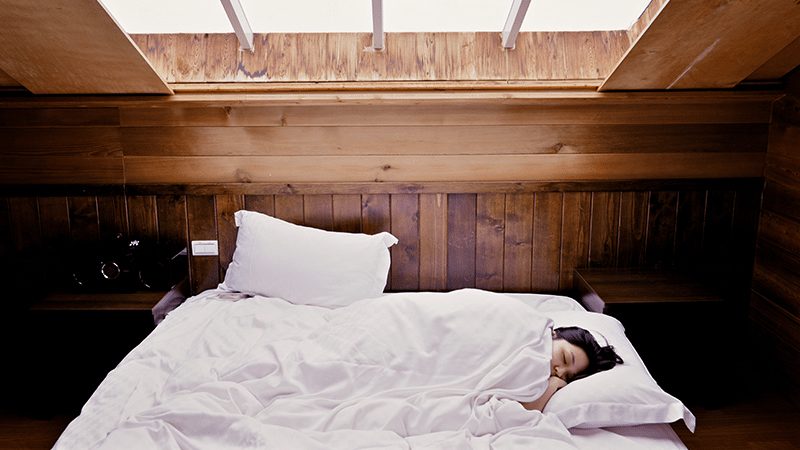Sleep & Aging
Episode #9 of the course How to manufacture the greatest sleep of your life by Austin Gill
The aging process—and the reasons why we age—still aren’t fully understood. That’s partly because aging is a very complex process and there’s no single cause; it’s influenced by multiple factors.
And it just so happens, everything we’ve discussed so far in this series is one of those factors. Too little sleep:
• Disrupts metabolic function leading to waste buildup and inflammation
• Destabilizes your hormones, which can lead to things like weight gain
• Predisposes you to metabolic disease risk
• Causes blood sugar levels to spike
• Stresses your body internally and exposes you to external stressors
• Throws off your hormone regulation, making you emotionally sensitive
• Destroys your skin by drying it out, creating fine lines and wrinkles, revealing brown spots, and causing dark circles under the eyes, making you look older than you are
• Negatively impacts brain health and cognitive function that help stave off neurodegenerative diseases.
In short, proper sleep slows aging (Mazzotti, 2014).
On that note, here are my final considerations for getting a good night’s rest.
Sleep Improvement Tip: Experiment with New Things
The same habits, hacks, and routines don’t work for everyone. You have to find what works best for you, and the best way to do that is to try new stuff. Here’s some ideas to get you started.
Take cold showers about an hour before bed. They lower your core body temperature, improve circulation, and are surprisingly meditative (it’s hard to think about other things with icy cold water beating down on you). All this combines to help you fall asleep faster.
Get a massage. You’re welcome for the excuse. Massage therapy removes muscular tension from your body that causes restlessness at night. Besides, massages are awesome.
Spend some time outdoors. Being outside exposes you to natural light, which keeps your circadian clock in sync. Nature is inherently relaxing.
Stop drinking alcohol two hours before bed. It’s true that alcohol will help you fall asleep faster because it’s a sedative, but it also lowers the quality of your sleep significantly. For optimal sleep, enjoy a drink or two with dinner then stop for the night.
Tomorrow is my final email. I’ll be recapping everything we’ve discussed and sending you on your way to the sleep of your dreams (see what I did there).
Sleep tight.
Recommended book
The Promise of Sleep by William C. Dement, M.D., Ph.D.
Share with friends

